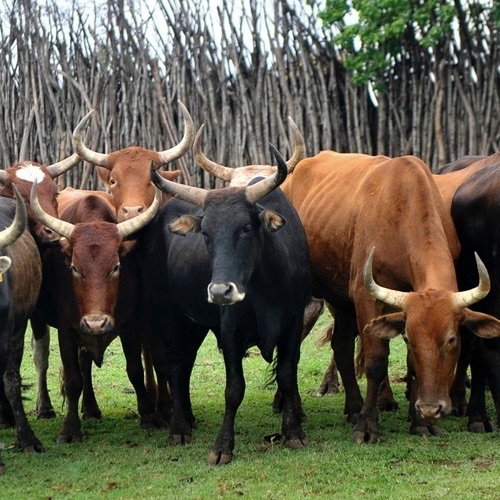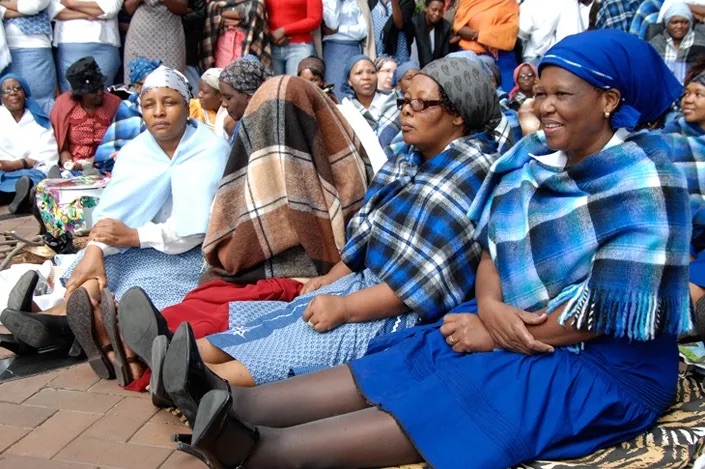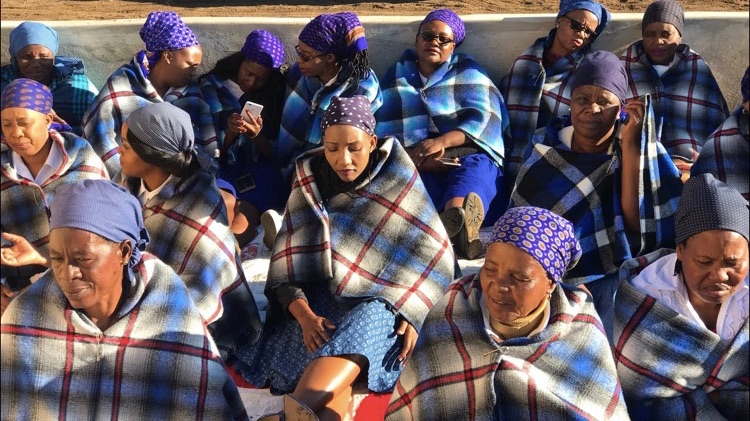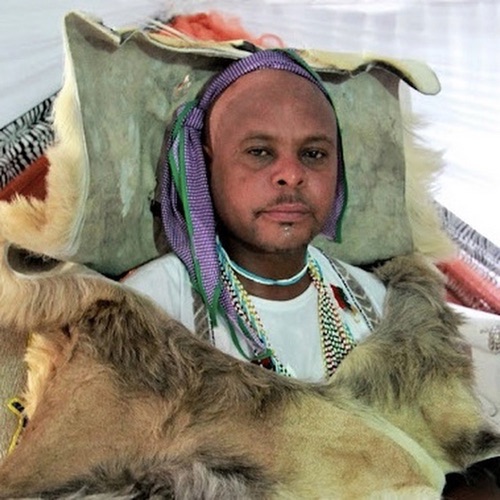Lobola, also known as bride wealth or bride price, is a custom in which the groom’s family gives property to the bride’s family in exchange for the privilege of marrying their daughter. Lobolo typically takes the form of livestock or other valuable goods. Read on to learn more.

Lobola within South African Law
The prerequisite for a customary law marriage in South Africa, where the act of lobolo is commonly honoured, is now governed under the Recognition of Customary Marriages, 1998 (Act 120 of 19980).
Negotiations
In order to conclude a valid customary marriage in South African law, various requirements must be met. One of the most important being the negotiation of lobolo. By completing this step, it is possible to move closer towards validity in both law and culture.
There is a difference between ‘lobolo’ or ‘lobola’, which refers to the physical objects that make up an negotiated dowry, and lobolo negotiations themselves. The negotiation process usually takes place between representatives of both families and establishes the terms of the lobolo agreement. These talks always happen before any assets are exchanged.
The process of lobolo negotiations can be complex, long, and culturally varied. It usually involves extended family members from both the bride and groom’s side. Typically just the uncles and fathers if custom allows.
The groom is not allowed to participate directly in the actual negotiations. According to some cultures, women may be present during the negotiations. However, other households hold onto the tradition of not allowing women to actively take part.

Vulamlomo
The vulamlomo, or key process, is a customary act that must be carried out before negotiations can commence. In order to ease any tensions between the families partaking in modern times, a bottle of brandy is often placed on the negotiating table. However, this method is not required and the vulamlomo can also consist of sorghum beer or cash.
This is not typically drunk. It is simply a gesture to welcome the guest family and make everyone feel more relaxed. It is known as ivulamlomo, which, literally translated, means mouth opener in Sotho language (pulamolomo). In other words, the price for opening your mouth (to speak) to express the purpose of your visit. It up to the potential wife’s delegation to decide whether or use the alcohol or keep it closed.”
Lobolo cannot be paid in one lump sum. The groom’s delegation will need to come back after the first round of negotiations to finish paying for their bride-to-be. Once lobolo has been paid in full, then izibizo (the next step) can happen on the same day as the lobolo negotiations are concluded.
The next step is for the groom’s delegation to give presents from the issued list to the bride’s family. This could include blankets, pinafores, doeks, shawls and three foot pots or grass mats for women and coat, walking stick, hat, beer pots for men. After that , there is a celebration to mark the occasion .
Amount
According to tradition, the Xhosa and Zulu cultures require that a lobola include, at minimum, cows. The number of cows is based on several factors including regional customs and the negotiation skills of the respective representatives, or oonozakuzaku.
In recent years, some people have begun to argue that the bride’s family is asking for too much money in dowries. Historically, the negotiation of a dowry would entail setting a price for one cow and then multiplying that number by how many cows the new bride was worth.
Many factors affect the amount of money due, such as the education level of the prospective bride, how much money the potential spouses have, and if the person getting married already has kids.

Negative effects of Lobola
Lobola may unintentionally cause some negative consequences. It could establish a financial obstacle for young men who want to marry. If the man does not have enough money to pay for lobola, which is common, the couple will often stay unmarried, even though they are ready to commit to each other emotionally.
Sometimes the female has enough money and pays her own lobolo without anyone else knowing. She just gives the cash directly to her soon-to-be husband, who then passes it along to her family members.
While some may see lobolo as an outdated tradition, it is still practiced strongly today. In cases where families prioritize tradition and togetherness over greed, lobolo can be a beautiful way to show commitment between not just the bride and groom, but their families as well.
Lobola is seen as a sign of respect in rural South African by some woman. It symbolises their worth and reinforces their dignity. Many traditional marriages use a cash-based lobolo which can be then followed by a European-style wedding ceremony to pay for expenses with the funds from lobola. This way any outlaid costs are given back to the payer, preserving tradition, honour and finances.
Recently, the meaning of lobolo has been redefined. The bride’s families are demanding huge sums of money from the groom’s family instead of simple gifts. Lobola is now more of a scheme to generate income for most families. Fathers are requesting outrageous amounts for their daughters that they would have never dreamed of in the 20th century.
Unfortunately, this has given some men in African society the ‘right’ to abuse and mistreat their wives because they feel that they bought them. There is no gender equality because the system “promotes male superiority” where the voices of women do not matter.



